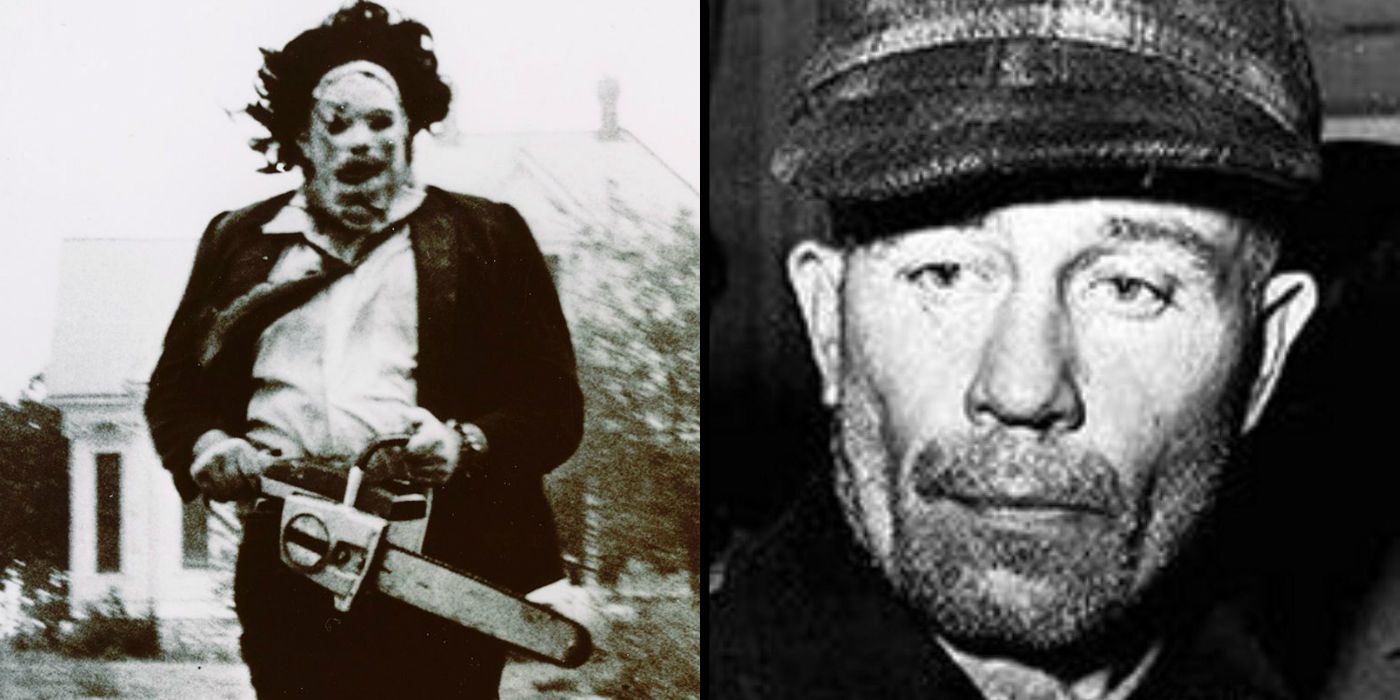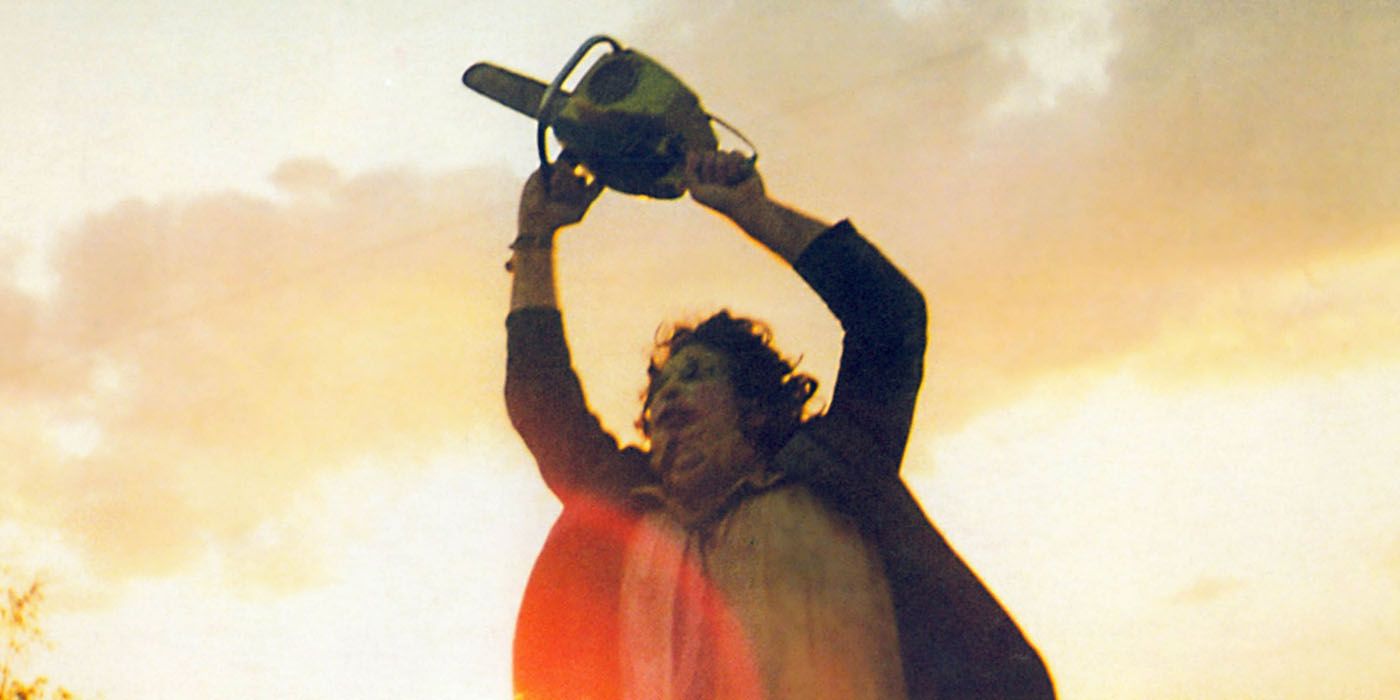
While Leatherface remains a fictional character, the true story of The Texas Chainsaw Massacre is chillingly based on real events, lending credence to the aura of fear that the film still embodies. The iconic slasher is still considered one of the most influential horror movies of all time, directed by horror legend Tobe Hooper for a meager budget. The Texas Chainsaw Massacre is also credited with breaking new ground for the genre, including using power tools as murder weapons and the ominous characterization of using a large, hulking, faceless figure as the killer.
The Texas Chainsaw Massacre follows a young woman named Sally and her brother as they travel to an old family home in Texas with a few friends. They run out of gas on their way, so they stop at a nearby house for some assistance despite an ominous warning from a hitchhiker. The house, incidentally, is owned by a family of crazed, vicious cannibals, in particular housing the Texas chainsaw-wielding slasher, Leatherface. The giant madman then embarks on a bloody spree, killing Sally's entire troupe as she is held hostage inside the home before Sally escapes in the movie's climax.
1974's The Texas Chainsaw Massacre draws inspiration from several real-life events that caught the attention of legendary director Hooper. The Texas Chainsaw Massacre concept initially came to Hooper in the early '70s, who was directly inspired by much of the violence featured on various San Antonio news outlets. The burgeoning coverage of America's serial killer phenomenon further provided a creative stimulus for Hooper, who credits monsters such as Ed Gein and Elmer Wayne Henley as the influence for Leatherface. Here's The Texas Chainsaw Massacre true story and real-life inspiration explained.

Vewers of the 1974 Texas Chainsaw Massacre can be forgiven for walking away from the iconic horror thinking that the film is based on true events due to the opening narration, which states that the massacre is: "one of the most bizarre crimes in the annals of American history." This decision was a deliberate ploy by director Hooper designed as a marketing tactic to attract a wider audience through campfire-style horror tales. He also wanted the misleadingly narrated information to respond to cultural and political discussions involving the government's deceit towards the general public during the 1970s. Despite the film's insinuation that The Texas Chainsaw Massacre is a true story and the events actually happened, there are shreds of truth within the movie, as with most legends. The Texas Chainsaw Massacre conceptually was born from the shocking true crimes emerging in a post-war America in tandem with the rise of sensationalist, nationwide news cycles. Hooper recalls seeing convicted serial killer Elmer Wayne Henley's arrest and shocking acts plastered over television sets in San Antonio, from which he drew inspiration for the psychotic family depicted in The Texas Chainsaw Massacre.
Yet the biggest inspiration behind The Texas Chainsaw Massacre's events is the story of serial killer Ed Gein, whose crimes shocked an entire nation in the 1950s. Known as the "Plainfield Ghoul," Ed had a history of wearing women's clothes and mutilating corpses, displaying distinct ties to the final version of Leatherface's character. Gein also exhumed corpses from local graveyards, fashioned trophies and keepsakes from their bones and skin, and confessed to killing at least two women. Like Gein, who was also the inspiration behind Norman Bates in Psycho, Leatherface has a penchant for wearing women's clothes and mutilating bodies while also displaying a low IQ, which parallels with the dim-witted Gein. Therefore, Leatherface wearing the skin of other people is meant to not only add a level of mystery to a faceless killer but also emulate the sickening crimes of a notorious serial murderer. The pervading sense that The Texas Chainsaw Massacre is a true story made the film an unqualified success due to the true-crime examples it uses and led to the creation of an iconic, vociferously popular horror franchise spanning over 5 decades.
from ScreenRant - Feed https://ift.tt/2ZZZn0r


0 Comments